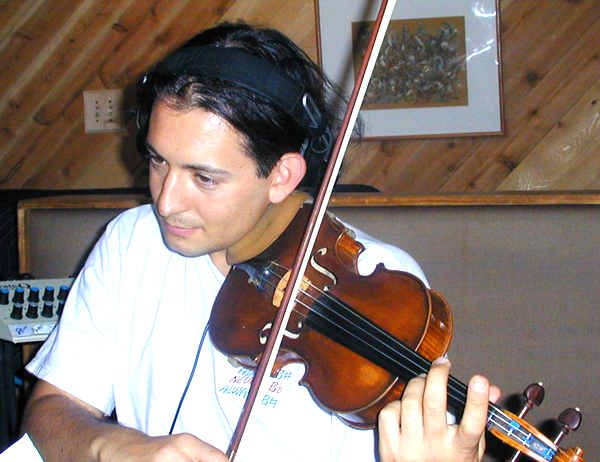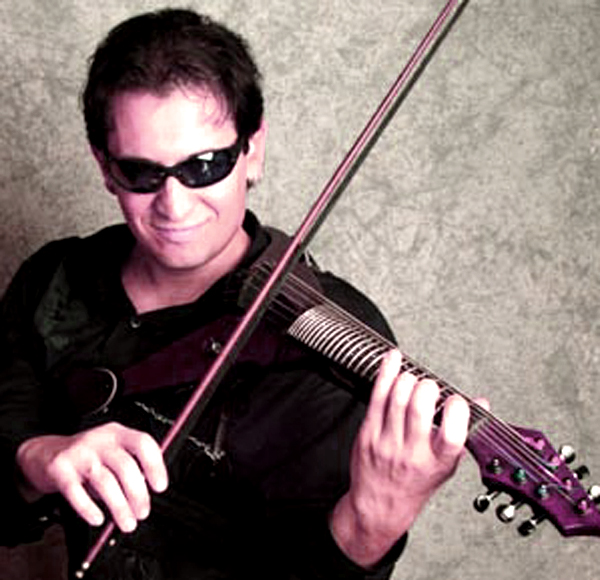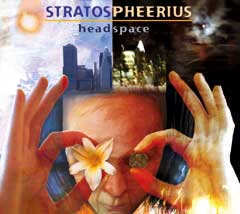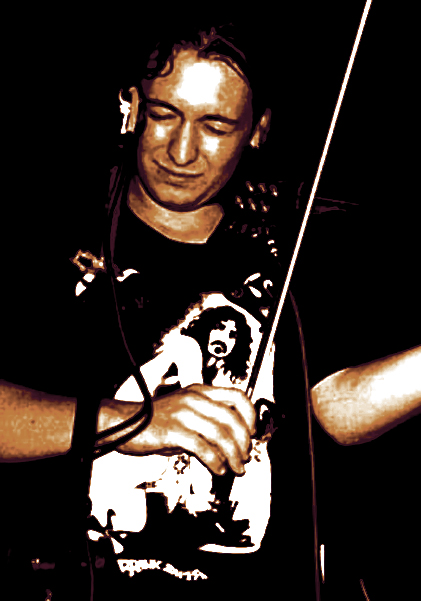

Born in St. Petersburg, Russia, Joe Deninzon has been called the Jimi Hendrix of the violin. From his work with Blackmore’s Night, Project Object, and Byron Nemeth to his prog fusion ensemble Stratospheerius, Deninzon has put his own stamp on the violin. Hot on the heels of Stratospheerius' latest release Headspace, Deninzon served up a corker of an interview for Progsheet!...
PS: A good portion of kids play violin starting in elementary school, then move on to other instruments or give up music entirely. What made you want to stick with the instrument?
JD: I think my parents, more so than anything else. I was raised in a household of classical musicians, and they saw it as a career path for me from an early age. I was given a violin at age 6, and put through the standard curriculum of a classical violinist. coming from Russia and entering the American public school system in the midwest, People who played the violin were perceived as geeks, and I wanted to fit in and be cool. as a young kid I was very influenced by my environment and my peers, like most kids. At one point, I was seduced by what I heard on the radio and saw it as a way to still be a musician, but connect better with the the public. I saw rock and pop music as a way to communicate with people and be "cool". I stayed with the violin because it was what I always did best, and people thought of me very differently once they heard me play. Those moments and my parents' encouragement kept me going. As I grew older, I began to appreciate classical music on a deeper level and began to realize how ignorant most people around me were.
At the same time, I began hearing more intricacies in jazz and rock. When I was young, I was not aware that you could rock out on the violin, and I badly wanted to form a band and write my own music, so I took up bass at age 13, and guitar at age 15. I was always singing for as long as I can remember. During high school, I lead two separate lives: my life as a classical violin student, and my life as a guitar hero wanna-be in juvenile rock bands. When I first heard Stephane Grappelli, Jean-Luc Ponty, and Jerry Goodman from Mahavishnu Orchestra, it changed my life. I realized that I could play my favorite music on the violin, which was my strongest instrument, and I could try to do something innovative with it. I already knew the "language" of rock, blues, and jazz on the guitar and electric bass, and it was just a matter of transferring it to the violin, which came very easily to me when I first tried it.
PS: What are you able to express through the violin that you couldn't with, say, a guitar?
JD: First of all, the violin has an unparalleled ability to sustain notes and imitate the human singing voice. Great sustain is something all guitarists strive for but don't always get. I am also endlessly captivated by its percussive qualities. I think the violin is as much a percussion instrument as a melodic instrument. There are endless things that you could do with a bow that you just can't do with a pick. The big challenge, though, is playing chords and imitating voicings of a guitar or piano, something I'm constantly working on. As well as intonation.


